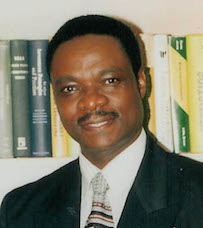Self Governance an important aspect: Goundar
Governance is not only important for institutions but for self as well says coordinator of University Wide Programmes at UniFiji, Sandhiya Goundar.
“Governance and policy making is an important aspect of the proper running of a country, but one must not forget that self governance is equally, if not more, important,” she said.
She added that studying Post Graduate Diploma and Masters in Governance and Public Policy at UniFiji helps students make critical decisions in policy making in the new era.
“Studying Post Graduate Diploma and Masters in Governance and Public Policy at UniFiji helps students develop practical knowledge, high level research skills and a critical, enquiring approach to questions of governance and policy development in the new millennium,” she said.
She further elaborated that students would be exposed to various governance policies which would help them understand how the society operates.
“Students will be exposed to leading thinkers and debates in the public, private and community sectors, and will develop capacities to enhance effectiveness in the workplace and gain a better understanding of the way governments operate as well as the major public issues confronting our society,” said Goundar.
She also explained that studying the governance programmes helped upgrade qualifications of people not only in the social science sector but the civil sector as well.
“The programmes help upgrade qualifications and public sector as well as the private and community sectors are constantly looking for people with qualifications in public policy making hence there are a lot of prospects for better jobs and promotions in the future,” said Goundar.
The University Wide programme is still open for registrations and all a person needs to apply is a social science background or years of experience in public policy making.
Registrations are on-going at the Saweni and Suva Campuses.


